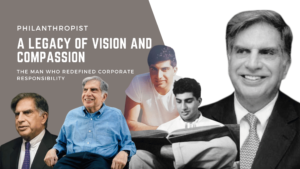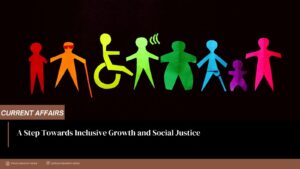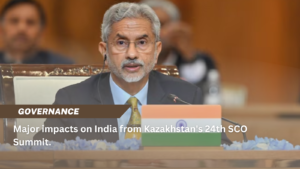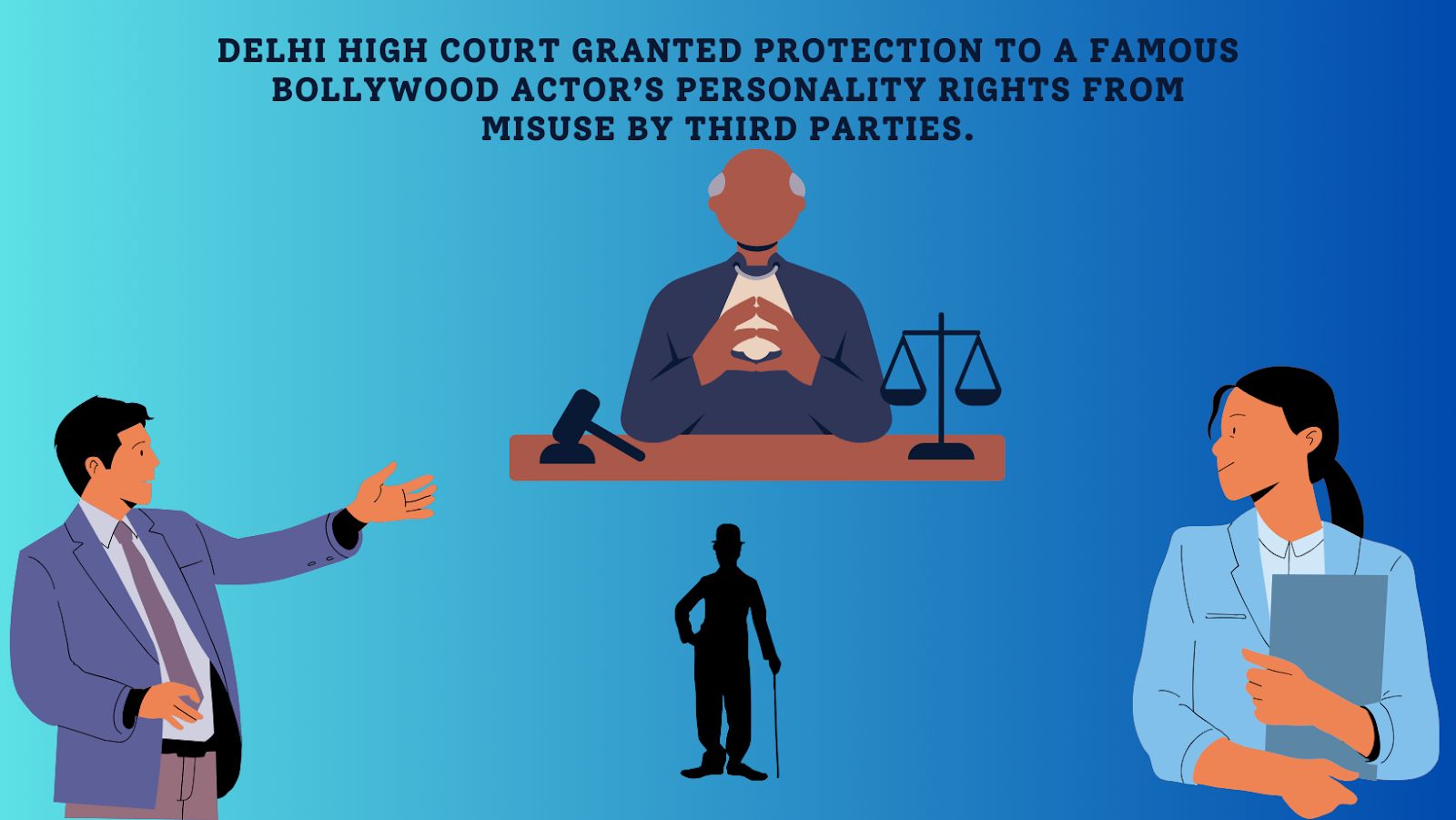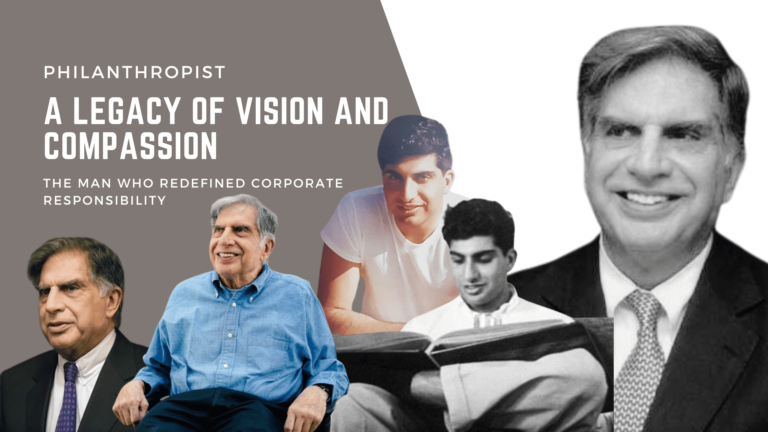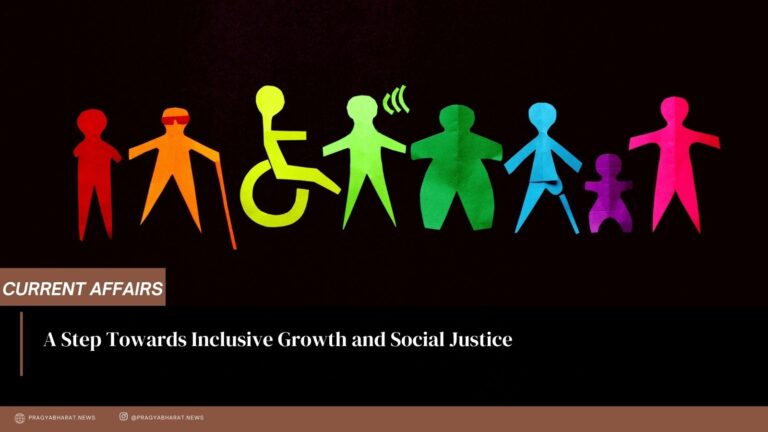By Shweta Patil

The Delhi High Court has granted legal protection to a Bollywood actor’s personality rights, which include his name, voice, and image. It is an important decision to affect the entertainment sector and protect individuals against unauthorized use of their personal characteristics. It highlights the importance of privacy as well as the evolution of IP law in India.
The Delhi High Court has struck a huge blow for India’s increasing privacy and intellectual property rights landscape with an unprecedented judgment granting protection to the personality rights of a prominent Bollywood actor. The decision reaffirms the importance of such rights and recognizes a person’s right to safeguard his identity despite the lack of explicit legislation on personality rights.
A person’s personality rights include a set of characteristics, such as names, voices, signatures and pictures which are unique to him or her. The ruling will have broad implications for the entertainment industry, advertising and preventing unauthorised use of an individual’s unique characteristics.
The two key components of India’s personality rights are highlighted in this legal victory:
The right to publicity: Individuals are entitled to prevent their image from being exploited for commercial purposes and without any permission or compensation. Statutes such as the Trademark Act of 1999, and the 1957 Copyright Act, are applicable to this aspect.
The right to privacy: Individuals have the right to prevent the public display of their personality without their consent. This right is primarily protected by Article 21 of the Indian Constitution and the Supreme Court’s landmark judgment in Justice K.S. Puttaswamy (Retd.) Case in 2018.
The rights of posthumous personality have also been extended in the judgment. The Emblem and Name Act of 1950, designed to prevent illegal use of a dignitaries’ name or symbol that is set out in its timetable, ensures protection from inappropriate use. The Indian Penal Code and the trademark law provide additional legal protection when negative or offensive representations are made against deceased persons or their families.
Indeed, numerous key legal precedents such as the case of Titan Industries Ltd. v Rajkumar Jewelers (2012) and Sakshi Malik vs Venkateshwara Creations Private Limited & Ornovantscase2021 continue to define and reinforce personality rights.
Despite this victory, the implementation of these rights in India remains a challenge, including possible conflicts with freedom of expression pursuant to Article 19 of the Constitution as well as an incomplete legal framework. Moreover, the difficulties of managing potential infringements on privacy and publicity rights are posed by emerging technologies such as Generative AI.

